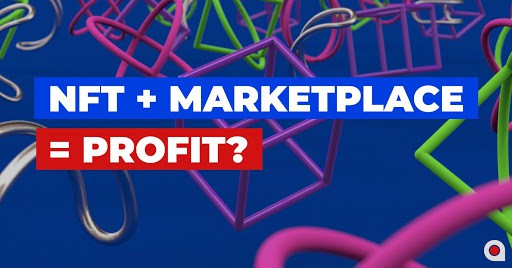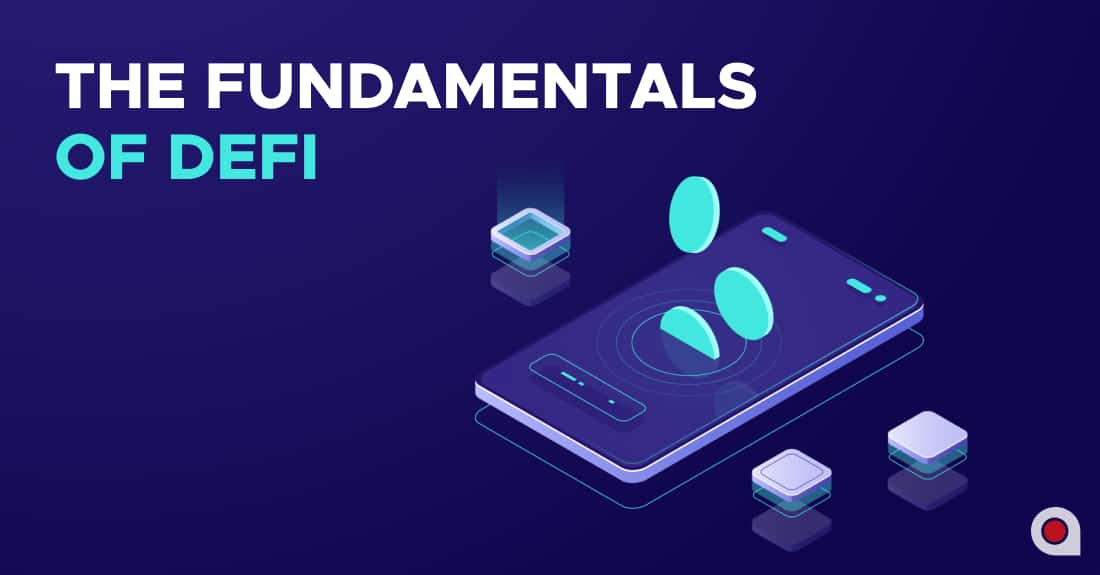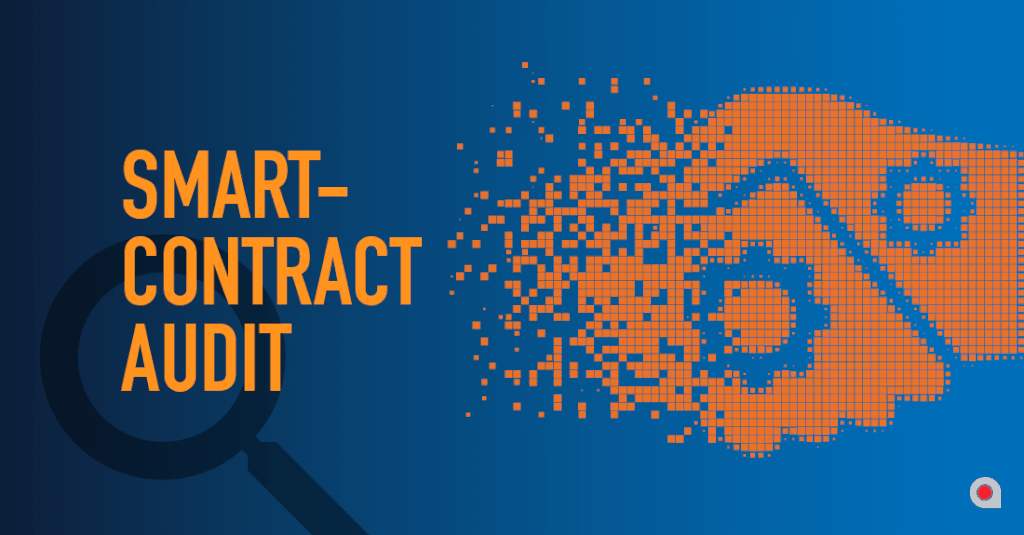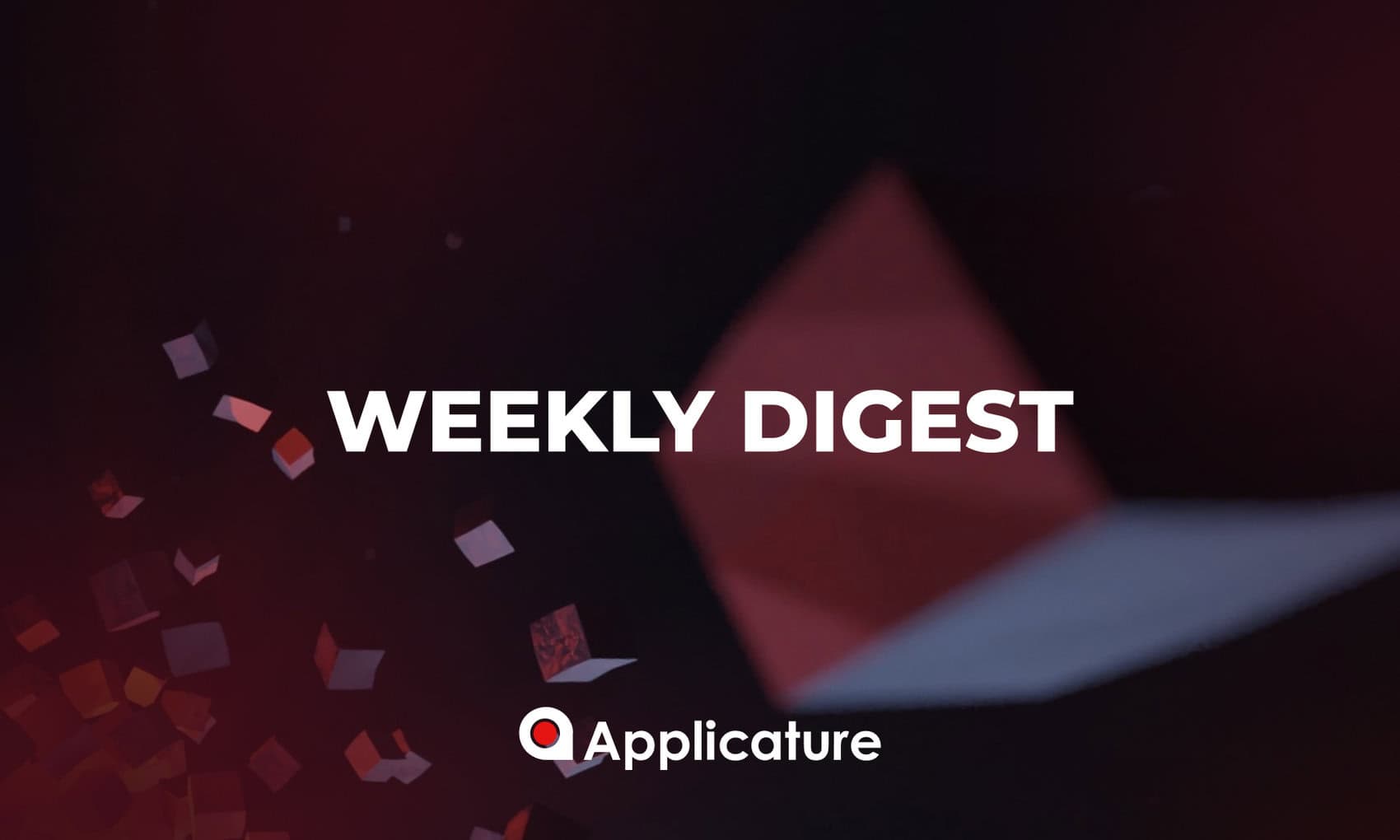
Currently, we are experiencing a technological revolution in the form of the immensely powerful blockchain phenomenon, which will become a game-changer in near future and the essense of a blockchain developer skills improvement. Blockchain applications can benefit every field; that’s why there is a demand for individuals or teams that can help companies implement blockchain technology into their business operations.
Many companies, like Samsung and IBM, are starting to implement blockchain offerings to transform their working processes to make them more comfortable and easier for customers to use. Currently, market demand for blockchain developers is higher than existing offers, which demonstrates the advantage of this profession in comparison with other domains.
According to the Upwork’s report of the first three months of 2018, Blockchain has become the most popular job offering sphere out of the top 20:
- Blockchain
- Tensorflow
- Amazon DynamoDB
- Voice-over
- Subtitling
- Art direction
- Content strategy
- Computer vision
- Microsoft Power BI
- Augmented reality
- Chatbot development
- React native
- Media buying
- Go development
- Information security
- Scala development
- Instagram API
- Adobe Premiere
- Machine learning
- AngularJS development

 According to estimates from Computerworld, a blockchain developer in the U.S. makes approximately $158,000 per year. That’s pretty high in comparison with a software developer’s average salary: $105,000 for the same period of time. The question arises: is there any demand for blockchain developers? There certainly is!
According to estimates from Computerworld, a blockchain developer in the U.S. makes approximately $158,000 per year. That’s pretty high in comparison with a software developer’s average salary: $105,000 for the same period of time. The question arises: is there any demand for blockchain developers? There certainly is!
Let’s start our long but entertaining journey by discovering the keystones of innovative blockchain technology, which has disruptive significance in the new era of data processing.
What Is Blockchain?
The blockchain is a digital database that contains shared, replicated, and synchronized data open to participants in the block. One can store records of transactions, each of which has a timestamp and unique cryptographic signature to make an immutable history of all asset transactions accessible to every member of the ledger. In this way, blockchain also serves as a private electronic ledger. The blockchain (or peer-to-peer network) is:
-
decentralized
The information in it isn’t stored in a certain place but is spread among a number of computers, which are called nodes. Users interact with each other directly. There aren’t any third parties like Microsoft, Google, or Facebook that exclude control over the data.
-
public
All information is visible to everyone in the network through the transaction history recorded within the blocks. guided by consensus No participant in the system can add new information without the special approval of more than half of the nodes. They agree on all updates to the records by consensus, which helps protect data from fraud.
-
immutable


If information has already been placed on the blockchain, it can’t be changed or removed. Here are some other unique blockchain features: As you now know, the blockchain is decentralized. This decentralization provides a transparency and traceability of business processes that makes the system impossible to hack. It is also known for its method of carrying out the transactions: Here is a pyramid that includes a list of must-have experience and skills for a blockchain developer: Now let’s consider what a blockchain developer should know, and what challenges he/she might face.
Knowledge
First of all, anyone who wants to become a blockchain developer must begin by learning the basics of the blockchain system. Demands for developers can be different, but having the fundamentals down seems to be number one. The more you know, the greater your chance of becoming a seasoned developer. There is no need to start buying cryptocurrency, but by all means, familiarizing yourself with the variety of crypto coins and understanding the differences between them will be a needed skill when learning the core fundamental concepts of the blockchain. Let’s explore the main requirements for developers in 2017:
- A BS/MS degree in computer science or engineering
- No less than 2 years of experience as a software engineer(Fin-tech representatives are welcomed.)
- A deep understanding of ledgers, the blockchain, and cryptocurrency (practical experience is a bonus.)
- Web development skills using HTML, CSS, NodeJS, and MongoDB
- Be sufficiently skilled in security and decentralized technologies.
- Feel comfortable with at least one of the following coding languages: Go, C, C++ , JAVA, Python.
- Knowledge of distributed storage, like RDBMS or NoSQL
- Skills in blockchain business applications
- Blockchain development requires close cooperation with professionals in networking and data security and a working knowledge of algorithms, taking into the account the time and resource complexity of querying a data structure (Stack, Queues, LinkedList, Tree, and Hedera HashMaps).
- Other important skills: time planning, team collaboration, and the ability to prioritize tasks.

Another useful advantage is knowledge of basic architectures like MVC, MVVM, document-view architecture, and microservices, which will help to distinguish differences between conventional and decentralized architecture. Learning the core concepts of communication architecture — for example, publisher/subscriber, message broker, and bus architecture — also will serve as a bonus. Becoming a developer is like a stack, with technologies continually being added to the top. The developer uses last in/first out. Go through the list of must-know basics before diving into blockchain: Watch this video about how to establish a blockchain-based project in under half an hour. Famous universities like Princeton, UC Berkeley, and Stanford provide people all around the world with the opportunity to attend online courses in blockchain project development.
Solidity
If you want to write smart contracts on blockchain platforms like Ethereum, you’ll have to learn the commonly used Solidity programming language. Solidity was developed by Gavin Wood, Christian Reitwiessner, Alex Beregszaszi, Yoichi Hirai, and other Ethereum influencers. Solidity enables code design, keeping in mind the rules of the Ethereum Virtual Machine, or EVM.
 Solidity was influenced by C++, Python, and JavaScript, so if you already know these, it won’t be difficult to master Solidity, as they are very similar. Discover how developers benefit from the Solidity language:
Solidity was influenced by C++, Python, and JavaScript, so if you already know these, it won’t be difficult to master Solidity, as they are very similar. Discover how developers benefit from the Solidity language:
- Complex member variables like hierarchical mappings and structures are provided.
- There is the opportunity of inheritance, including multiple inheritances.
- The Application Binary Interface (ABI) was designed for multiple safe functions of a single contract, detecting errors in the case of erroneous data entry.
As blockchain technology is constantly developing, it is highly recommended that you develop your skills by reading related books, watching videos, and taking specialized courses. Here are the top 10 selected courses for blockchain developers, according to expert opinion:
- Ethereum Blockchain Developer: Build Projects Using Solidity
- Certified Ethereum Developer Course, B9Lab
- Bitcoin and Cryptocurrency Technologies, Princeton University, Coursera
- IBM Developer Works, Blockchain Essentials (coding skills required)
- IBM Developer Works, IBM Blockchain foundation developer (Coding skills required)
- Cryptozombies – Learn to Code By Building Your Own Game (сoding skills required)
- An Introduction to HyperLedger Technologies by Linux Foundation (Coding skills required)
- Blockgeeks – blockchain course library (coding skills required)
- Become a Blockchain Developer with Ethereum and Solidity (coding skills required)
- Ethereum and Solidity: The Complete Developer’s Guide (coding skills required)
Code Features
The coding on blockchain does not present complications, as this distributed ledger is self-executing. Knowing the JavaScript language is quite enough for the creation of a layer. The main thing one should remember is that everything that runs on blockchain is visible to everyone, so it can be hacked, and the owner of a block or blocks could lose millions of dollars. This is why code development takes plenty of time — to exclude possible vulnerabilities, and, as a result, decrease the possibility of hack attacks. Another detail worth remembering is that multiple transactions can’t be implemented at the same time. This helps to reduce the number of mistakes during transactions; to avoid double spends, for example. One of the unique features of blockchain is deterministic behavior. This means that all transaction operations are behaving in one way. For example, if today, A + B = C, then tomorrow, the program will give the same output for a given input, regardless of circumstances. Consider possible cases in which a program can behave in a non-deterministic manner:
- by the request of a programmer – when there is a need for non-deterministic system functions.
- when the data source contains non-deterministic data, the program acts in non-deterministic nature.
- during the dynamic call – when one program calls another, and this call is determined only during its execution.
- smart-contracts and transaction isolation is a solution that allows protection from non-desirable results.
In order to write a Java Chain code, you need only 3 elements:
- Gradle
- JDK
- Vagrant
Smart-Contract Education

A smart contract as a digital, decentralized application written in code to ensure the credibility of an agreement. It is autonomous, so it does not need intermediaries or other third-party accounting services. Additionally, smart contracts allow one to conduct transactions quickly, solving the problem of costly delays and paperwork. Check out this graphic describing the way smart contracts work:

Here are some prominent smart-contract use cases:

They run through the two systems:
- Virtual machines (Ethereum uses this.)
- Docker: (Fabric uses this.)
Let’s compare them to find out which one is better:
| Virtual machines | Docker | |
|---|---|---|
| Deterministic | The contracts have no un-deterministic functions and the data is limited to on-chain information only. However, it executed dynamic calls which can be nondeterministic in nature. | Because of the design of the docker, the system is reliant on users to create contracts which are deterministic. That is not really the best of solutions. |
| Terminable | Ethereum uses the "Fee-meter" for termination. Every step in the contracts costs "gas" and once the gas cost exceeds the pre-paid fee, the contract is killed. | Fabric uses the timer. However, since the timer can change from node to node because each node has its own computational power there is a risk to the consensus process. |
| Isolated | Has good isolation properties. | Is namespace-reliant and not capable of proper isolation. |
Watch this video, which will teach you how to create smart contracts in Ethereum.
Practice
Once you have prepared yourself properly, seek out opportunities to apply your knowledge practically. For this, you can use platforms to create your first blockchain or smart contract, and apply blockchain to certain spheres. The most common job opportunities are:
- startups
- tech firms
- banks
- private-sector firms
- government services
- professional services firms
The blockchain sphere is prospering and increasing its number of vacancies. For example, BlockchainJobz offers more than 1,000 open job propositions. If you are searching, take a look at the list of vacancies. Do not hesitate to participate in open-source projects as you begin. If you have at least 3 years of experience in web development, you can apply to the Hyperledger Platform for blockchain-related certifications, which will help you to get a job much sooner. Another piece of advice is sharing your projects (even small ones) via Github, a platform through which one can host and review smart contracts and evaluate the work of others, as well. Publication of smart contracts gives you great experience for further development.

Social Networking
As with any role in the modern world, social networking has great significance for career growth. Go outside the frames of your project development and find people in your field of interest through meetups and Eventbrites that social networks like Reddit, Slack, and Gitter regularly hold across the world.
Communication with seasoned developers will allow you to gain from their useful experience and share your own with people you think might find it useful. This will help you win recognition in the community.
With these types of interactions, you will always be aware of new opportunities for self-development and job offerings:

Join forums, GitHub pages, and StackExchange, and always be on the lookout for news concerning blockchain project development. The more active you are as a participant, the more benefit you will receive from these kinds of interaction.
To sum up, understand that blockchain education requires a lot of time and other investment of resources. The expectation of immediate results is not a tactic that will help you achieve your outlined goals.
Let’s be honest: there is no magic pill. Only constant hard work and dedication will make you a seasoned blockchain developer. Don’t be upset if something goes wrong. If you persevere, you will definitely succeed!
Good luck, and have a fruitful adventure!

 NFT Marketplace on Blockchain can be a Promising investment choice
NFT Marketplace on Blockchain can be a Promising investment choice
 The Fundamentals of DeFi
The Fundamentals of DeFi
 Ethereum Plasma Explained
Ethereum Plasma Explained
 Smart-Contract Audits: All You Need to Know
Smart-Contract Audits: All You Need to Know
